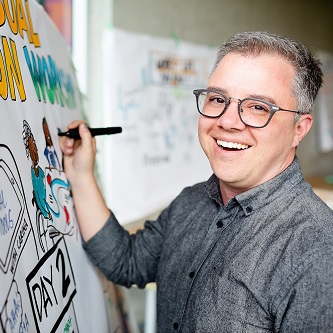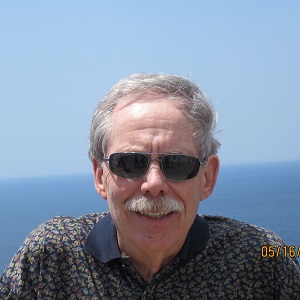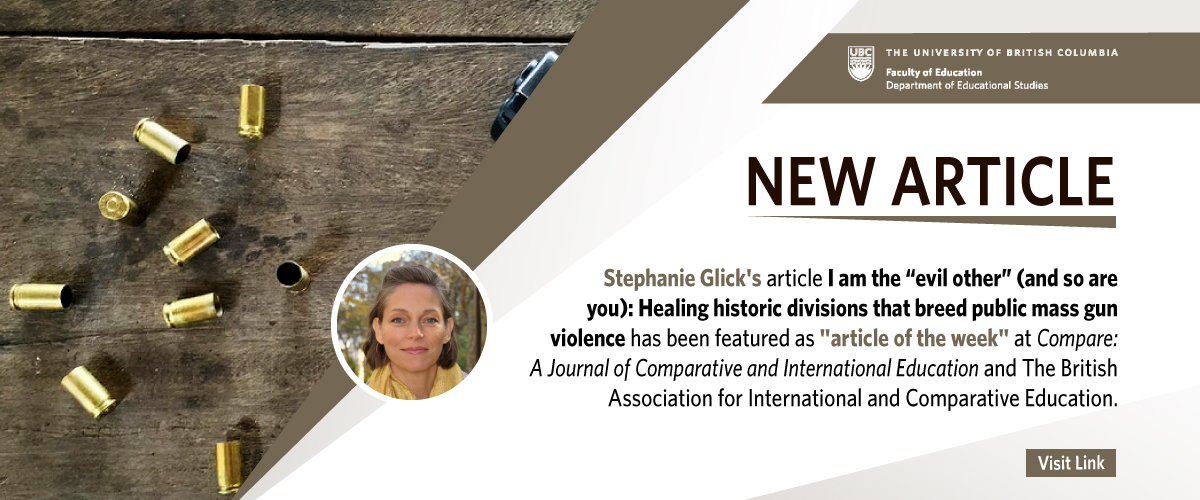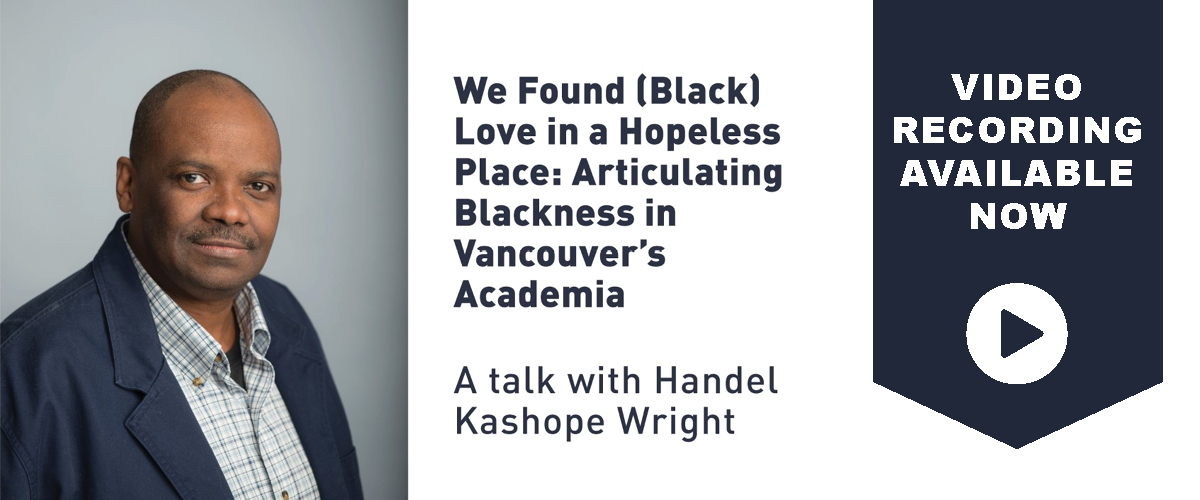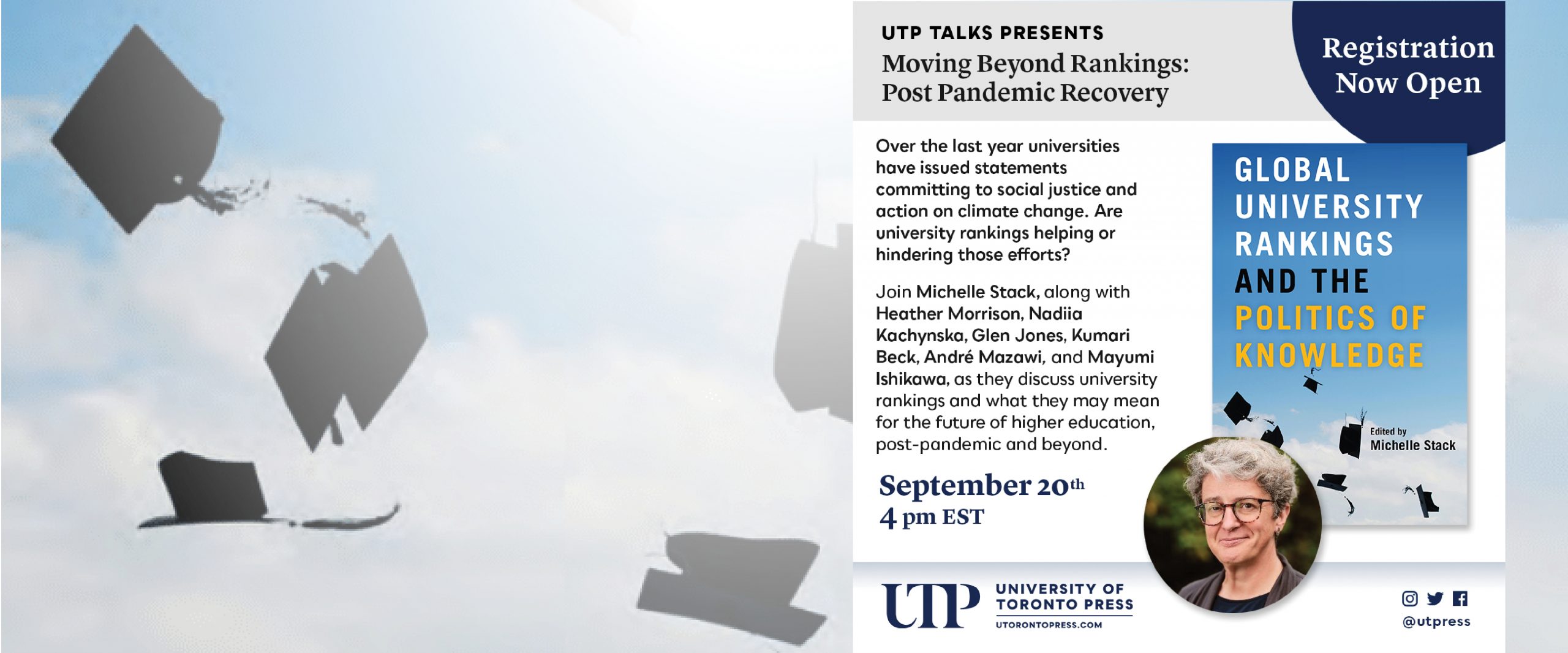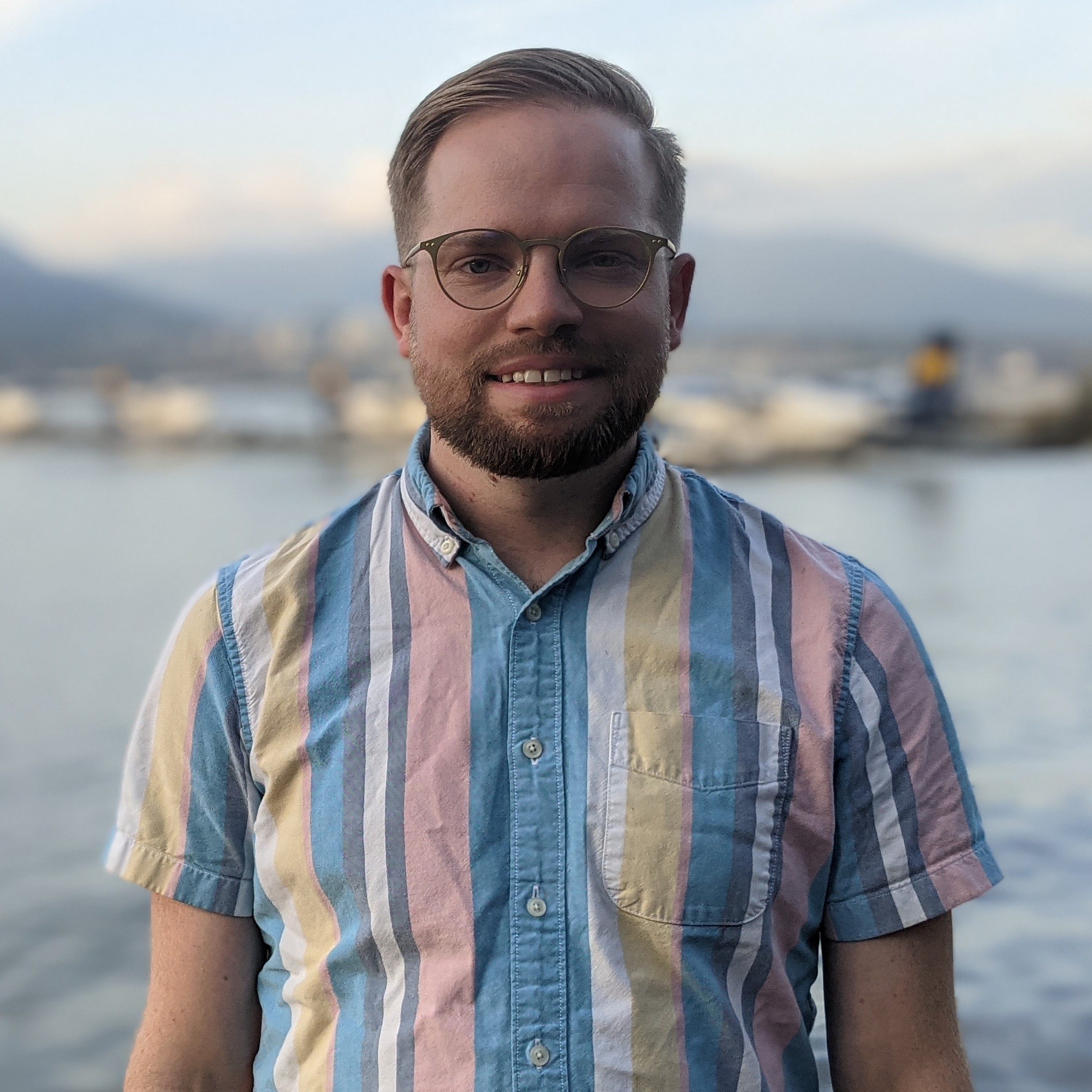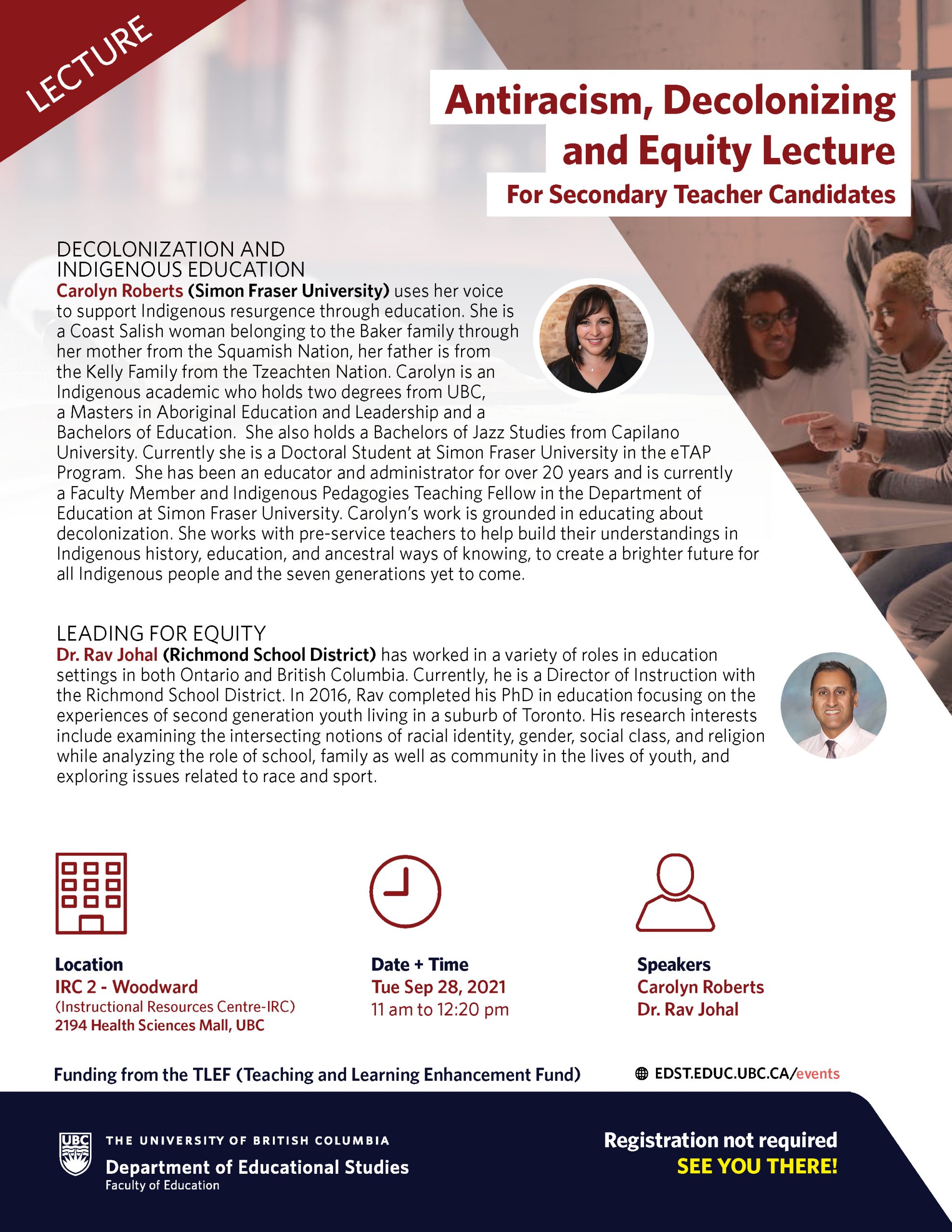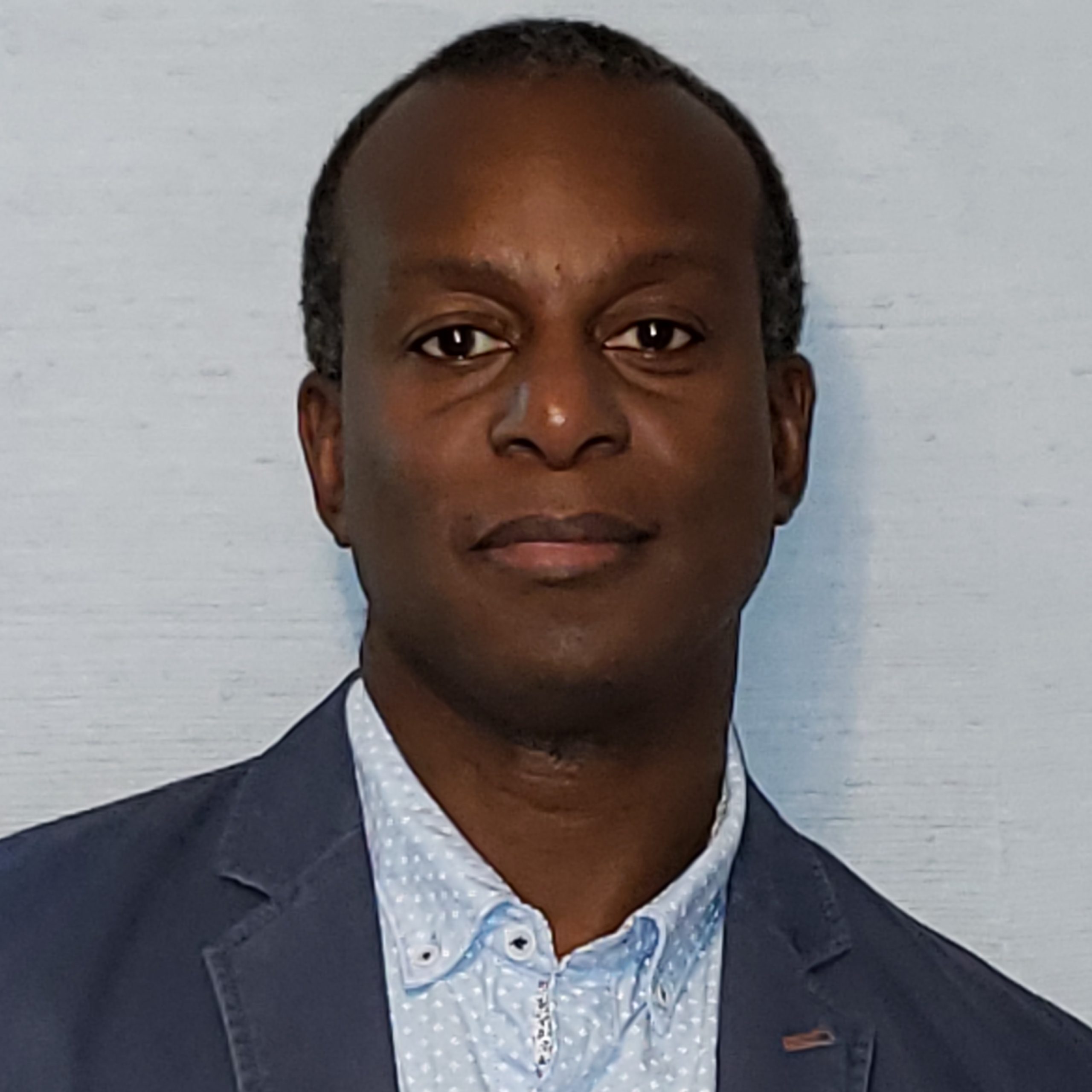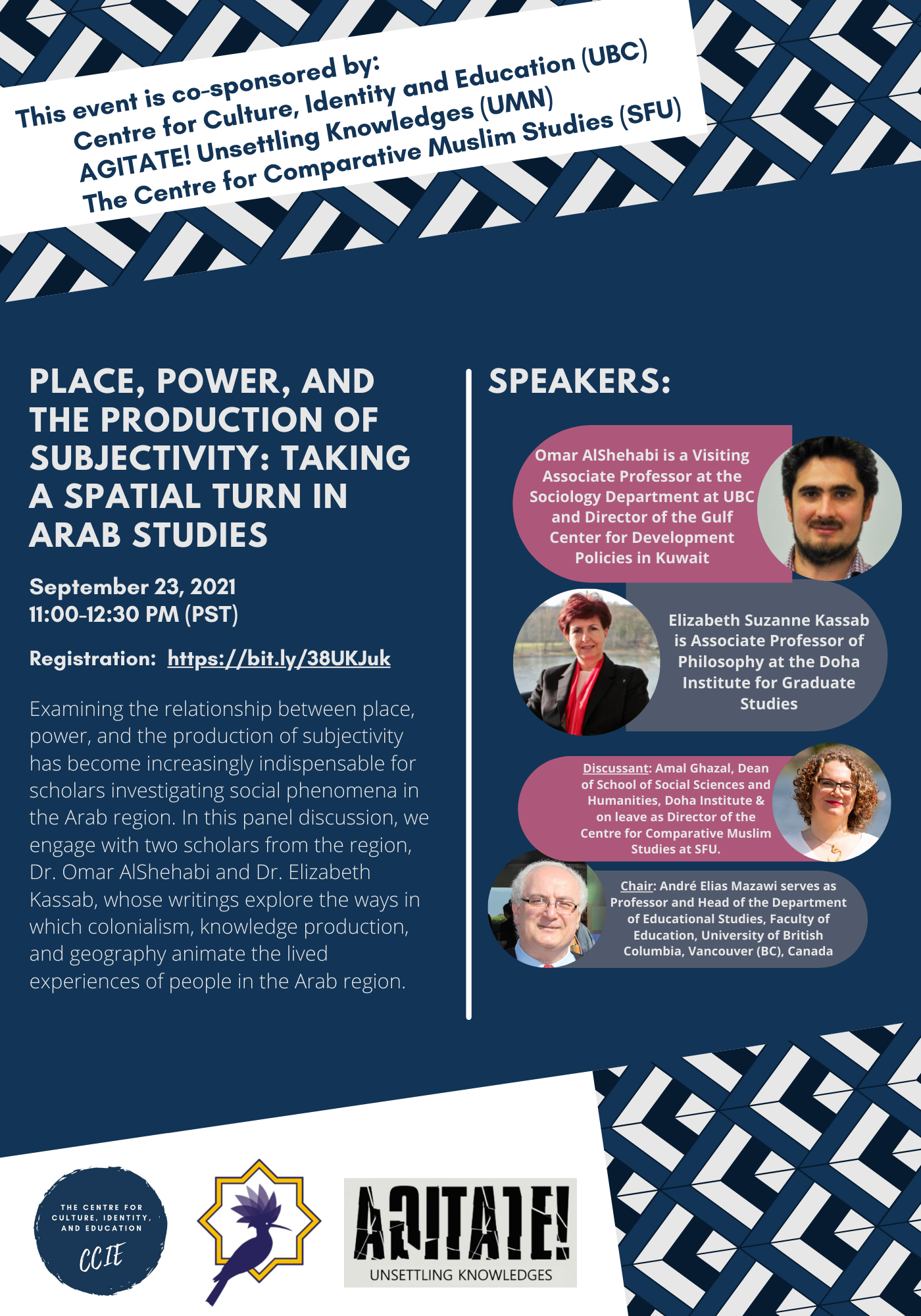Pronouns
He/ Him/ His
Job Title
Graphic Facilitator
Workplace
Drawing Change Consulting
EDST Degree/s and graduation year/s
MEd, 2014
Concentration
Society, Culture and Politics in Education (SCPE)
Residence
Burnaby, BC, Canada
I’m the founder of Drawing Change Consulting. As a graphic facilitator and meeting facilitator, I combine 20 years’ facilitation experience with visual tools to help groups create connection and belonging. I’ve worked in 11 countries, and specialize in collaborating with thoughtful leaders, researchers, with governments and government-to-government relationships, and public and population health experts. Clients include the World Health Organization, Fortune 500 companies, academics, non profits, Indigenous organizations and people working for a better world – and whether I’m overseas or in small gymnasiums in the Arctic, I’m supporting visionaries working on issues that affect us all. Before launching Drawing Change a decade ago, my career was in the advocacy sector where I could bring my full self. One of my first jobs was in an LGBTQIA+ organization run by consensus. This led to a passion supporting students and union organizing; later I became a director for a provincial disability organization. I’ve taught participatory decision making skills, done labour relations, led peer support programs and capacity building workshops. I learned the heart of any organization is the people working for a better world. Looking back, I realize I did something unusual in meetings. I would pull out paper and explain ideas by drawing. Drawing helped me think. And it helped organizations do their best work, too. It wasn’t about the fanciest drawings, though: I have a knack for visualizing systems diagrams and abstract concepts that are hard to explain. Strategic visual thinking pivoted my career into a new direction: I launched Drawing Change to provide facilitation and graphic facilitation that is strengths-based, creative and participatory, works with complexity, and uses an intersectional and anti-racism lens. I love seeing the ‘aha!’ moments when we can use non-linear methods and dialogue to find new ways forward. As an author and speaker, I know that everyone has creative potential – and it’s going to bring us together. Along the way, I co-edited books including Drawn Together Through Visual Practice (2016), and am a co-founder of the award-winning Graphic History Collective that creates peoples’ histories in accessible formats. I’m also active in our professional association, ifvp.org. My formal education includes a Masters of Educational Studies (UBC), an undergrad in Women and Gender Studies (SFU), certification in Human Systems Dynamics and Integral Facilitation, Indigenous cultural safety courses, and Deep Democracy. I’m also a Dialogue Associate with the SFU Centre for Dialogue. I’m #firstgen go to university, so I’m proud of my education and I also value all the ways we learn from each other in community. My facilitation is informed by who I am, and where I’m from. I’m a white settler of Italian maternal grandparents who moved to Canada in the 1950s, and also Scottish/Hungarian background. I grew up and live on unceded Musqueam, Squamish and Tsleil-Waututh territories (Vancouver Canada). My personal journey is that when I was a young queer and trans person, making art got me through the hard times – even though I didn’t go to art school! That source of creativity led to the most unexpected and rewarding career full of adventures with global clients. Today, my favourite projects turn complex information into something engaging, like keynotes, graphic facilitation trainings, strategic planning and dynamic knowledge translation products. I love meeting people who know they can approach their wicked issues differently – because that’s what strategic visual thinking can do. I’m passionate about helping you do your best work. Together, we’re drawing change.
